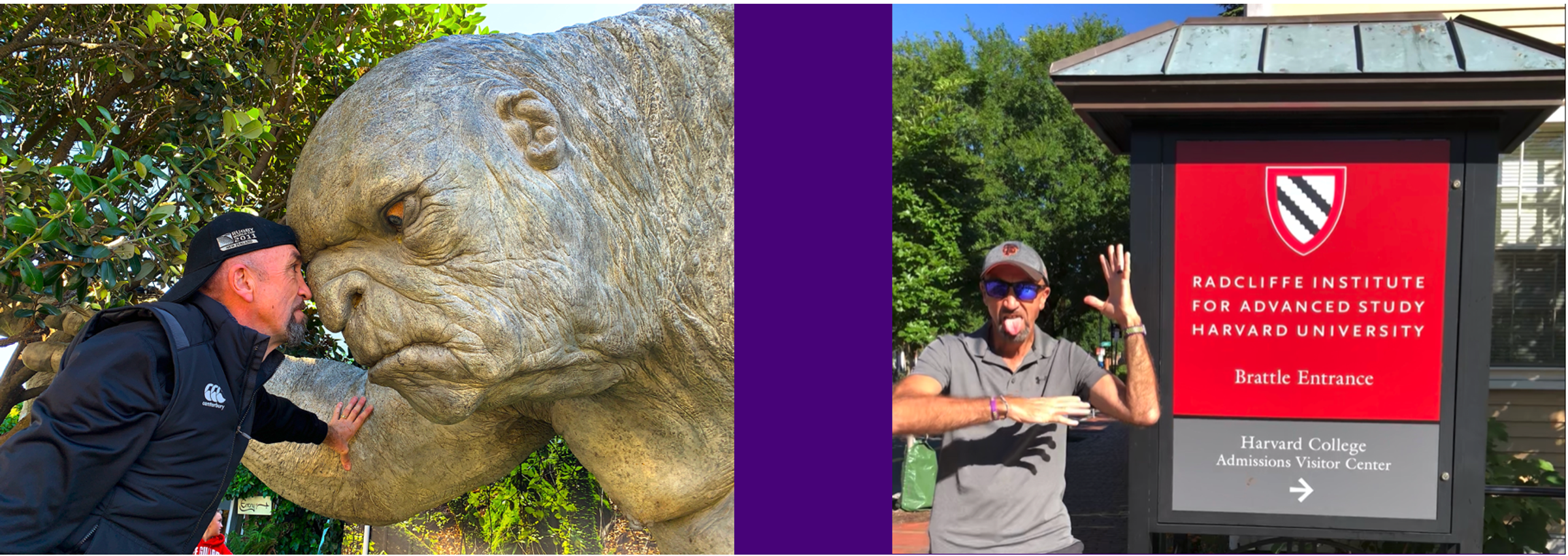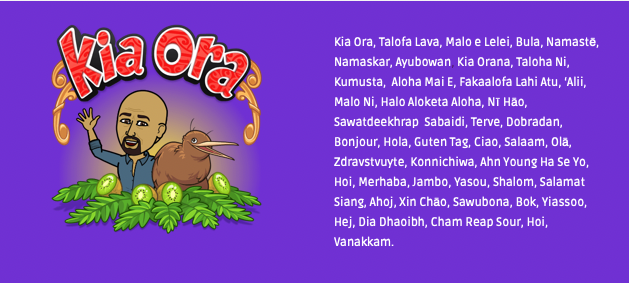Principal's Page

Kia Ora Friends
We have had a lot of rain in Auckland this past year. Consistent, persistent and at times overwhelming. There are people in our community and on our staff who lost homes and everything in them and are still waiting for answers as to what will happen to address that. As a school whānau, our thoughts are with those who have faced struggles and challenges in this way. We hope for successful and positive resolutions for all.
At our last Whānau Time, I spoke about another meaning for HOPE. Our children can tell you HOPE stands for three things -
Help One Person Everyday
Help Our Planet Everyday
Help Our Pacific Everyday.
Hope's original meaning and application are very important for our survival and well-being.
When I undertook my Masters in Contemporary Education, I focused on the importance of Hope. My research indicated the presence of Hope had a considerable influence on life success. It further indicated the significant benefits of Hope becoming Action.
In "Hope Rising" (2018), Gwinn and Hellman identify Hope as the most predictive indicator of well-being in a person’s life. With their research as support, we focused on Hope as the antidote to the mental and emotional risks that surround children.
Knowing the importance of Hope helps us change our approach to learning, behaviour management, and interactions with those around us. Generating and encouraging Hope is now an underpinning principle in our school life.
We realised it was time for a paradigm shift in our approach to teaching and learning. The future of our planet and our species depends upon this. It is time for deep, hopeful reflection, accompanied by action, thus ensuring purposeful, difference-making change.
I explained to our children that HOPE is about
Wanting things to be better
Believing they can be better
Taking Action to make them become better
I explained HOPE is like a Superpower, helping you do all kinds of amazing things when you want, believe and take action.
HOPE is also like a Superhero friend whispering in your ear - you can do it.
From my own perspective, I am always hopeful. I tend (perhaps a little too often) to focus on the positive, to believe the best of people and situations, and to hope for the best.
Often, things turn out nowhere near as badly as we might have thought. Sometimes, they do turn out badly, but living a hopeful life means we have an energy reserve to help us through those challenges.
Our children are little and vulnerable and have much to learn regarding resilience and coping strategies. The less worry and stress we lay on them, and the more hopeful we support them to be, the better their lives will be.
Uike Kātoanga'i 'oe Lea Faka-Tonga
Tongan Language Week
The typical verbal greeting in Tonga is Malo e lelei (Hello).
Visitors may be greeted with Talitali fiefia (Welcome).
As a sign of respect, it is common practice to address one's counterpart with the appropriate title and family name when first meeting. First names are used thereafter.
Fefe hake? How are you?
Sai Pe Malo I am good, thank you
As always - if you have questions or concerns about anything school-related - email me at macash@mac.com, and I will get back to you asap.
My very best regards to you all,
Ash Maindonald
Principal.

